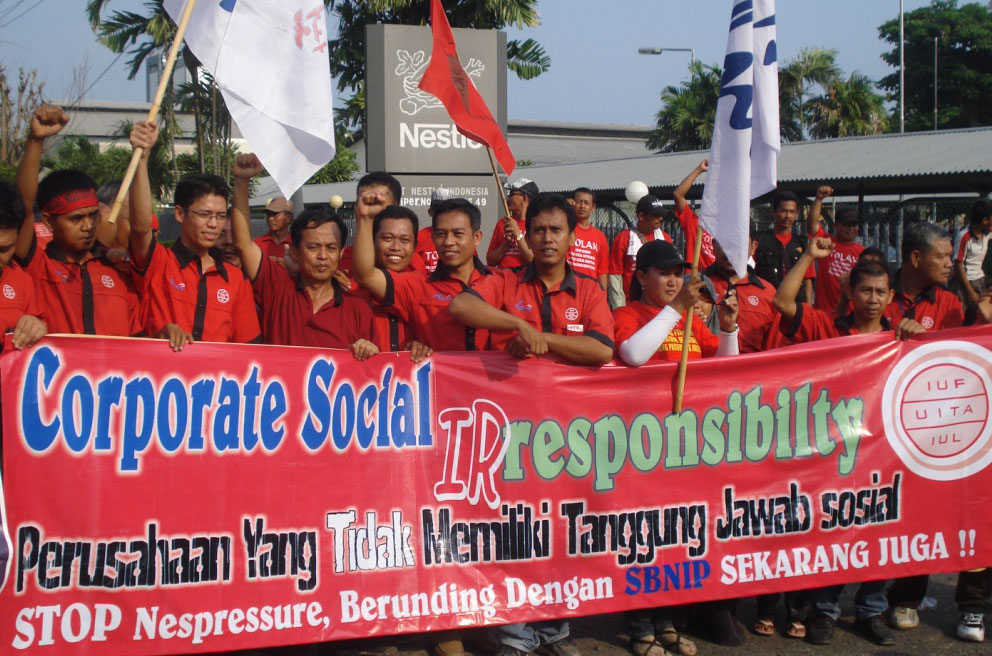
THE war in Ukraine is ‘a catastrophe’ for the world which will cut global economic growth and boost inflation, the president of the World Bank has told the BBC.
‘The war in Ukraine comes at a bad time for the world because inflation was already rising,’ said David Malpass.
He stressed his biggest concern is ‘about the pure human loss of lives’ that is occurring.
Malpass said the economic impact of the war stretches beyond Ukraine’s borders, and the rises in global energy prices in particular ‘hit the poor the most, as does inflation’.
Food prices have been pushed up by the war, and ‘are a very real consideration and problem for people in poor countries’.
Malpass points out that both Russia and Ukraine are big food producers. Ukraine is the world’s biggest producer of sunflower oil, with Russia number two, according to S&P Global Platts. Between them they account for 60 per cent of global production.
The two countries also account for 28.9 per cent of global wheat exports according to JP Morgan. Wheat prices on the Chicago future exchange have been trading at 14-year highs.
Russian supplies of these commodities are being restricted because of the widespread sanctions which make it hard for the rest of the world to buy its products. Ukrainian supplies have been stopped because fighting has closed the country’s ports.
‘There’s no way to adjust quickly enough to the loss of supply from Ukraine and from Russia, and so that adds to prices,’ said Malpass.
He says the same is true of Russian energy supplies, and it is particularly damaging for western Europe, where governments have ‘neglected other aspects of how to have enough electricity’.
About 39 per cent of the EU’s electricity comes from power stations that burn fossil fuels, and Russia is the biggest source of that oil and gas.
The World Bank has committed $7.9 billion to help develop Ukraine’s economy since the 2014 counter-revolution.
Less than a month before the Russian intervention Ukraine’s independent central bank forecast that the $180 billion economy would grow 3.4 per cent this year, after the difficulties of the pandemic.
However, war means ‘a catastrophic impact for our economy, for the region overall’, according to Alexander Rodnyansky, who is an economic adviser to President Volodymyr Zelensky.
Big western companies, such as food manufacturer Nestle and brewer Carlsberg, have big operations in Ukraine that have been disrupted by the war.
The warnings by Mr Malpass came as the British Chambers of Commerce (BCC) cut its growth forecast for the UK’s economy, amid soaring inflation, tax rises, and global shocks including Russia’s invasion of Ukraine.
The BCC predicts the UK will grow by 3.6 per cent this year, down from its previous forecast of 4.2 per cent, with consumer spending expected to slow as household incomes come under pressure from rising inflation.
The new estimate is less than half the 7.5 per cent growth rate seen last year, when the UK’s economy rebounded from the Covid-induced slump in 2020.